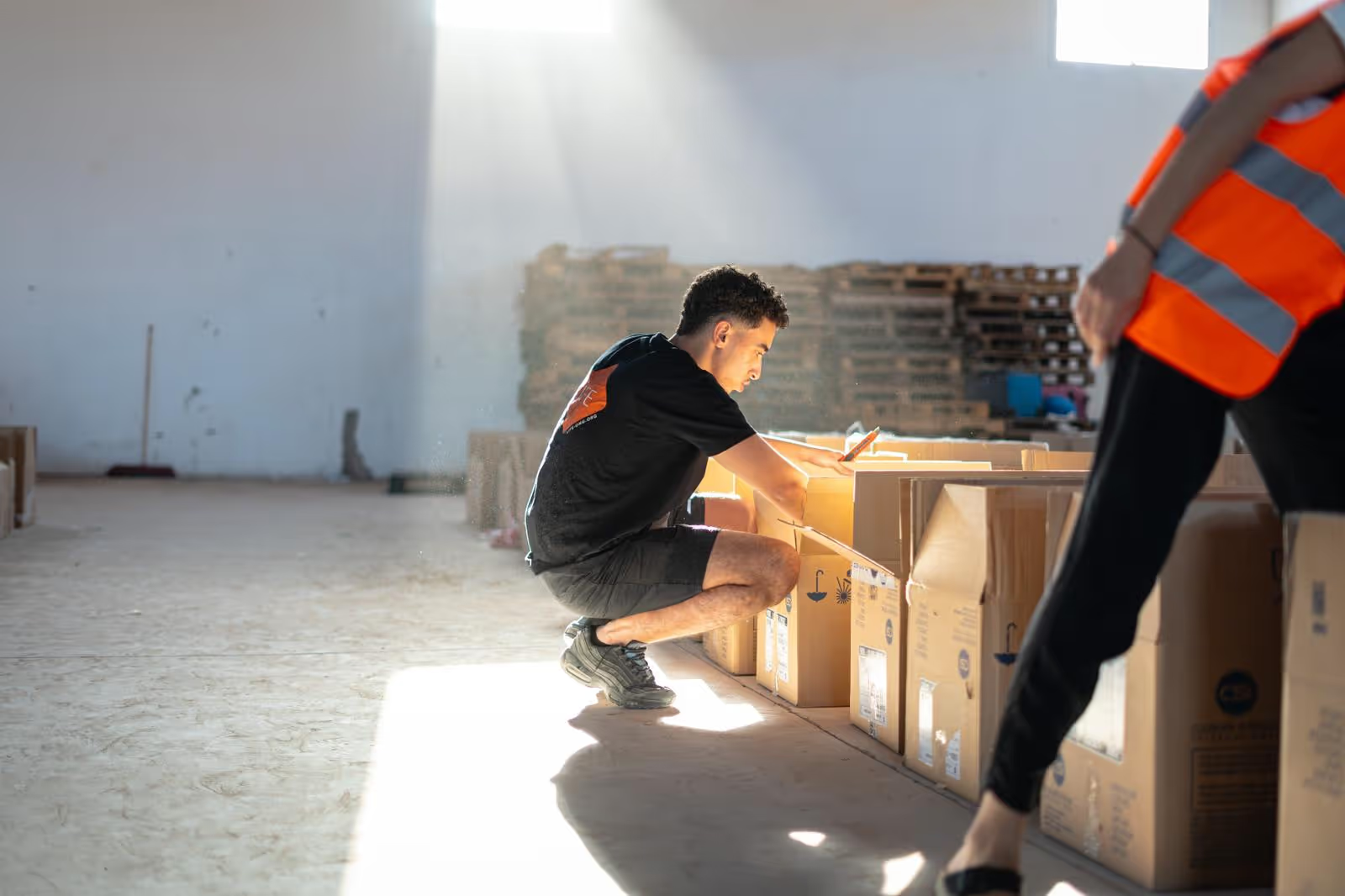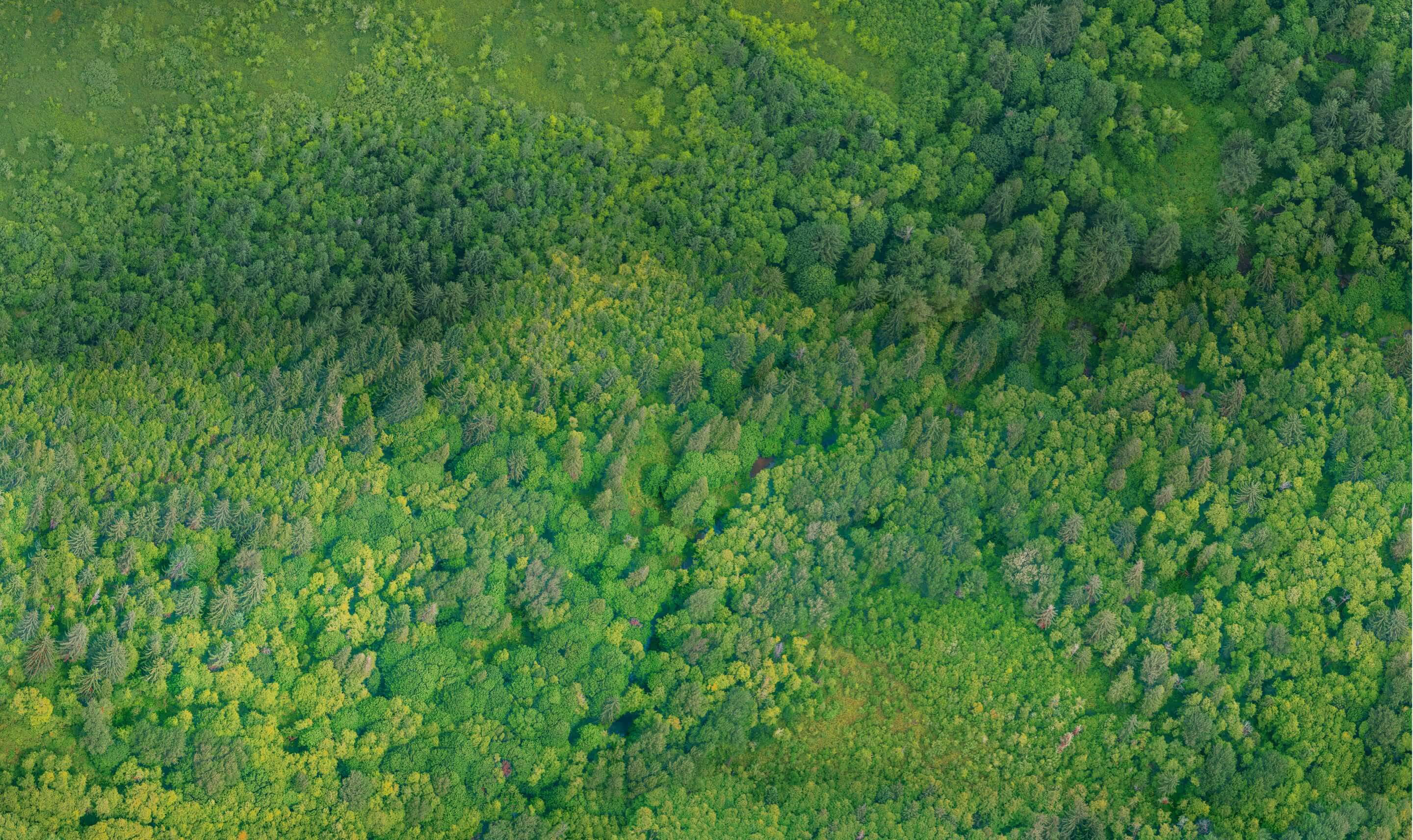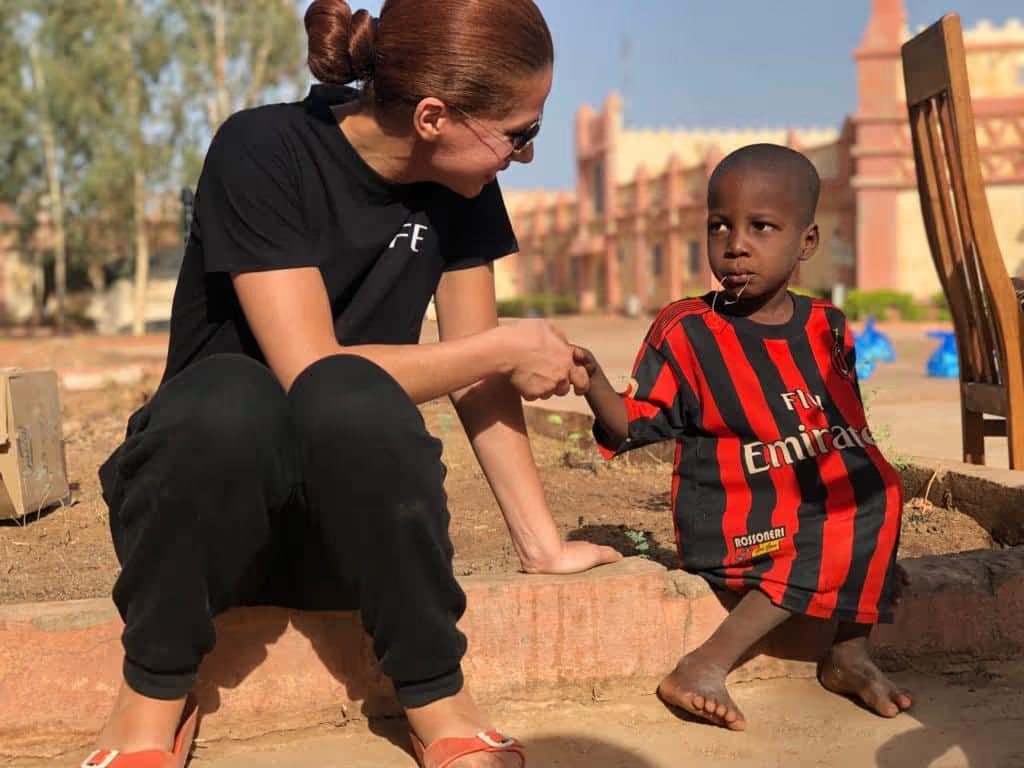Together, let's give access to education for everyone in the world

Education is much more than just a right: it is the unwavering pillar on which life, the future of each individual, each community and each nation is based. However, despite its crucial importance, millions of people, mainly in developing countries, are still deprived of it. Determination, innovation, and collaboration! Together, we can help open doors to quality education and learning in every corner of the world.
A worrying state of affairs in global education
A few figures
According to UNESCO, more than 250 million children and adolescents in the world are not in school. 1 child out of 10 does not have access to primary school. Girls represent 48% of out-of-school children. In Africa, 1 in 5 children does not go to school. Pakistan and Nigeria have the lowest scores, followed by Ethiopia and the Democratic Republic of Congo.
And the numbers have been on the rise in recent years!
Moreover, schooling does not necessarily mean learning. Also according to UNESCO, 617 million children and adolescents in the world do not have sufficient reading and math skills while in school.
The causes can be multiple. Teachers are not sufficiently trained, the teaching materials are inadequate. It can also be linked to unhealthy schools, overcrowded classrooms, or to the difficulty that young people have in doing their homework in good conditions (poverty, hunger, fatigue related to domestic tasks or parallel work, etc.).
Did you know that? In Malawi, a large class can have up to 120 students for a single teacher!
Access to education in the world: goals not achieved
This assessment undermines the United Nations Sustainable Development Goal (SDG) 4, which aims to ensure global education, quality education for all by 2030. According to UNESCO, if countries were fully committed to achieving the defined national goals, the benefits would be dramatic: 6 million additional children of pre-school age would now be enrolled in preschool institutions, 58 million more children, adolescents and young people would benefit from schooling, and at least 1.7 million additional teachers would be trained for primary schools. These are numbers that illustrate the magnitude of the task, but also the incredible transformative potential that this can bring to our world.
Did you know that? At the moment, there is a lack of $100 billion per year for countries to meet their education for all targets. It is imperative to quickly remedy this funding gap and to roll up your sleeves!
Overcoming financial barriers to education around the world
In many developing countries, education remains an inaccessible luxury for thousands of families. School fees, transportation, uniforms, and school supplies often represent a heavy financial burden for low-income households.

It is necessary to intervene as much as possible with these populations, all together, to make education and learning more accessible and more equitable.
Initiatives exist such as scholarship programs funded by global philanthropic or governmental organizations. The role of NGOs and governments in developing countries is also crucial. They invest in affordable and inclusive education systems, ensuring that every child, regardless of socio-economic background, has the opportunity to attend school and succeed in life by exploiting their potential. But more needs to be done, and to continue to act on all fronts.
At LIFE, we operate at various levels. We distribute school materials in many developing countries and offer our generous donors sponsor children so that they are no longer in need and can go to school and benefit from quality education.
Indirectly, the construction of drinking water wells that we are doing in villages around the world also allows young people, and especially girls, to go back to school. Indeed, they are often responsible for taking long walks every day to fetch water. In Africa, in Asia, in many countries, wells bring hope to their daily lives.

Combating discrimination in education
Social inequalities persist in many countries. Access to education for children with disabilities, girls, and indigenous populations is often complicated. And discrimination is happening everywhere, not only in developing countries! In France for example, more than 100,000 children are said to be out of school because of their disabilities and poverty.
The lack of school attendance among girls is a particularly worrying issue. In the world, 129 million of them do not go to school. The reasons are numerous. Poverty, early marriage, gender violence, etc. In addition, school infrastructures often do not meet their safety and health needs. Access to education for girls is significantly limited in countries in conflict, or those where their education is perceived as less important than that of boys. Sudan, Central Africa, Niger, Mali, Afghanistan, Niger, Mali, Afghanistan, have very poor scores. It is crucial to raise awareness and involve local communities by encouraging them to recognize the value of education for their children and to actively support their school career.
Our NGO LIFE acts to facilitate the daily lives of girls and young women around the world. In Bangladesh, for example, in the district of Moulvibazar, we provided bicycles to girls aged 12 to 15 living in rural areas who can now safely go to school.
Did you know that? In Afghanistan, since the takeover by the Taliban in 2021, girls and women have been massively excluded from education. Thanks to the work of many organizations, and in particular UNESCO, their number at all levels of education increased tenfold between 2001 and 2018 before these new restrictions...
The essential role of teachers
Without teachers, education is not possible. They inspire, guide and encourage young people to reach their full potential, to develop their skills, and to thrive in their learning. However, these are in short supply in many countries.
In 2016, UNESCO reported a critical lack of teachers in the world, with an estimated deficit of 69 million. In a recent analysis presented on World Teachers' Day in 2023, she observed an improvement in the situation. The shortage is now 44 million, but this is still insufficient to meet global education needs.
It is essential to invest in the training and professional development of teachers, by providing them with the tools and resources they need to provide quality education to their students.
Moreover, their role in society must be recognized and valued everywhere, by ensuring adequate financial and social support. By strengthening the teaching staff, we can ensure quality education for all children, regardless of their background or socio-economic status.

Together, we can build a world where every child, young girl or young man, regardless of birth, gender, or social level, has access to education. Everyone must be able to benefit from an apprenticeship, quality education and training that helps them to project themselves into their lives. By investing in education in developing countries, we are investing in the future of our world, creating more prosperous, inclusive, and resilient communities.



.avif)





